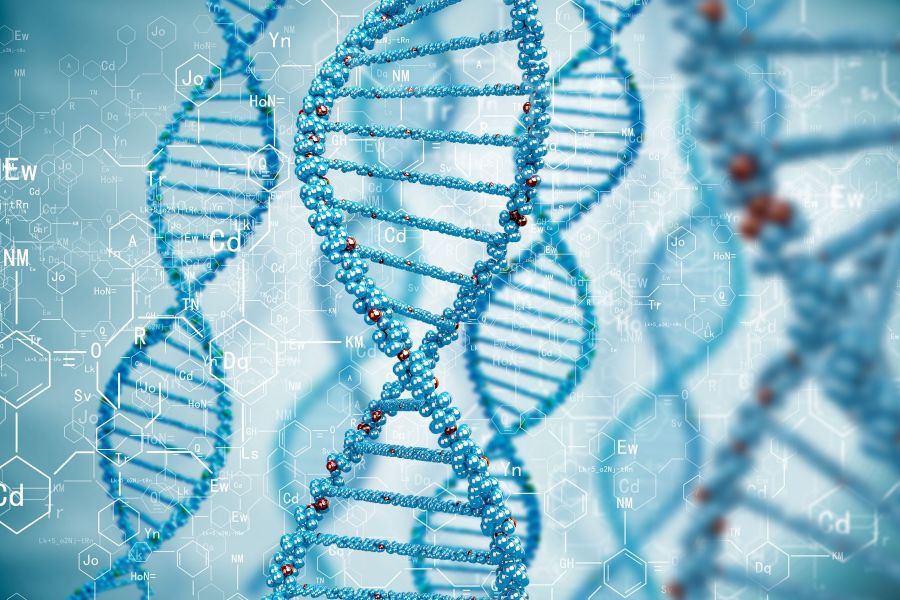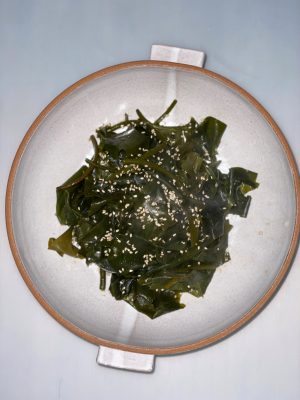
Welcome to the NP-OILD Lab in the Department of Nutritional Sciences
We study how food bioactive compounds and natural products make us healthy using nutrigenomics tools
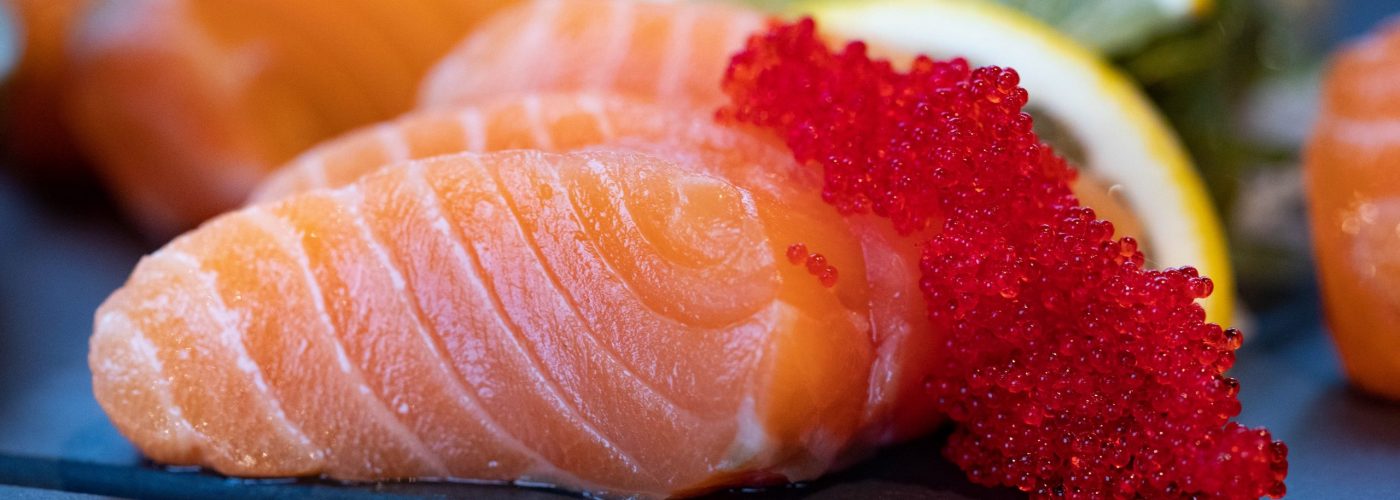
Astaxanthin
Astaxanthin, a red pigment in salmon, may help you prevent obesity-related non-alcoholic liver disease and inflammation
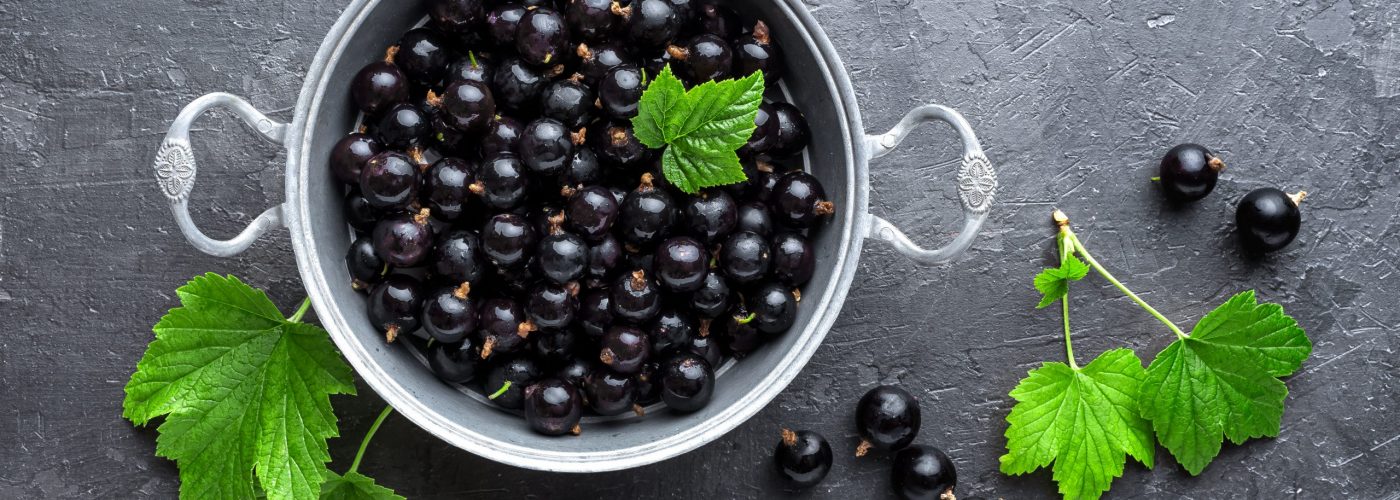
Blackcurrants
Blackcurrant may protect you from obesity-related inflammation and non-alcoholic fatty liver disease

Sugar Kelp
We study health benefits of Connecticut-grown sugar kelp for the prevention of obesity and its associated diseases
Welcome to the NP-OILD Lab in Nutritional Sciences at UConn
We identify food bioactives and natural products that can help prevent obesity, inflammation & liver disease
Unlocking the Secretes of Metabolism Using Nutrigenomics
Dive into the cutting-edge world of nutritional science with NP-OILD’s groundbreaking research. Our lab is decoding the intricate molecular dance between energy metabolism and inflammation, unveiling how your diet can be a powerful tool in the fight against fatty liver disease.
Spotlight of the NP-OILD Lab
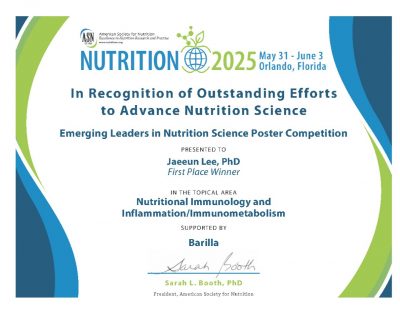
Congratulations to Dr. Jaeeun Lee on being the winner of the ASN Dietary Bioactive Components GEM Rising Star Award in Basic Research. This prestigious award recognizes outstanding early-career investigators who have made significant contributions to the field of dietary bioactive components through innovative and impactful basic research. Dr. Jaeeun Lee’s work exemplifies scientific excellence and promises to advance our understanding of the role of bioactives in health and disease.
Are you interested in our research or joining us? Please contact Dr. Ji-Young Lee (ji-young.lee@uconn.edu).

